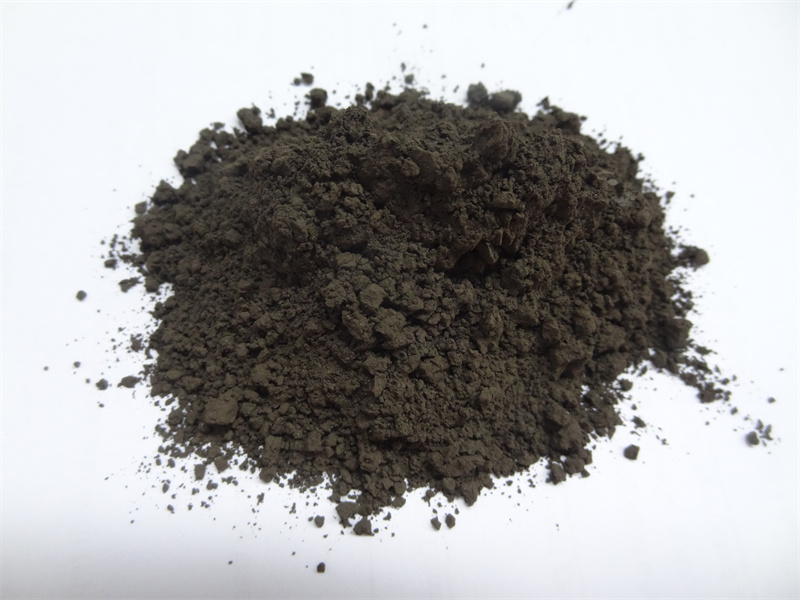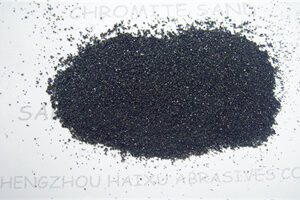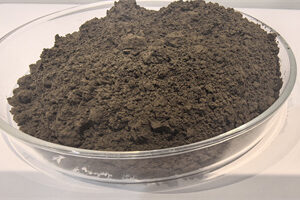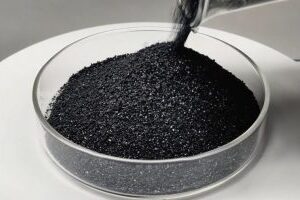Application of chrome flour in refractory brick
The application of chrome flour in refractory brick is mainly reflected in the following aspects:
1. As the core raw material to produce magnesia-chrome refractory bricks
Magnesia-chrome brick manufacturing: After chrome flour is mixed with magnesia sand, it is fired at high temperature to form magnesia-chrome refractory bricks, which have excellent high-temperature stability and resistance to alkaline slag erosion. It is widely used in the ladle slag line of the steel industry and can effectively resist high-temperature slag erosion.
Chrome corundum brick preparation: chrome flour is combined with alumina, and chrome corundum bricks are made through high-pressure molding and high-temperature sintering. It has high purity, high strength and good thermal stability, and is suitable for high-temperature environments such as glass kiln linings and molten iron pretreatment devices.
2. As an additive to improve material properties
Promote densification sintering: Adding chrome flour can promote the plastic molding of refractory bricks, increase molding density, and form a solid solution with alumina during sintering, thereby enhancing thermal shock resistance and slag erosion resistance.
Enhance slag resistance: The chemical stability of chrome flour prevents it from reacting with substances such as iron oxide, significantly improving the resistance of refractory bricks to molten metal and alkaline slag penetration, and reducing sand adhesion defects.
3. Application scenario expansion and performance optimization
High-temperature industrial furnaces: chrome flour-based refractory bricks are used for high-temperature furnace linings in industries such as steel and cement, and can withstand temperatures of more than 1900°C, meeting the needs of long-term high-temperature operations.
Thermal conductivity and volume stability: The high thermal conductivity of chrome flour can accelerate the uniform diffusion of heat and reduce local thermal stress; its stable volume characteristics when heated can avoid cracks in refractory bricks due to thermal expansion and contraction, extending the service life.
4. Development of special functional refractory materials
Chrome flour can also be used to prepare composite refractory castables or spraying materials. Combined with its wear resistance and high hardness, it can meet the wear resistance requirements of extreme working conditions such as garbage incinerators and water-coal slurry gasifiers.
Through the above applications, chrome flour has achieved comprehensive improvement in high-temperature performance, mechanical strength and durability in the field of refractory bricks, becoming an indispensable key material for modern high-temperature industries.





















